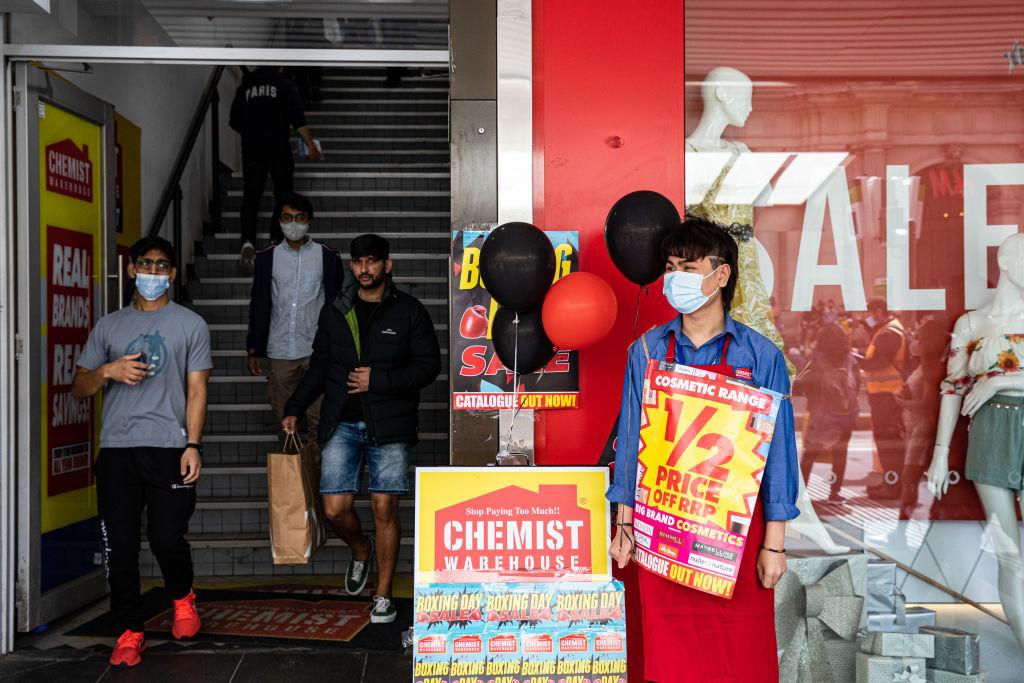Australian industry groups have warned that the new wave of minimum wage increases could push businesses across the country to the verge of collapse.
Under the Fair Work Commission’s latest ruling on June 15, over 2.6 million Australians will be eligible for a pay rise of $40 (US$27) per week from July 1, an increase of 5.2 percent.





